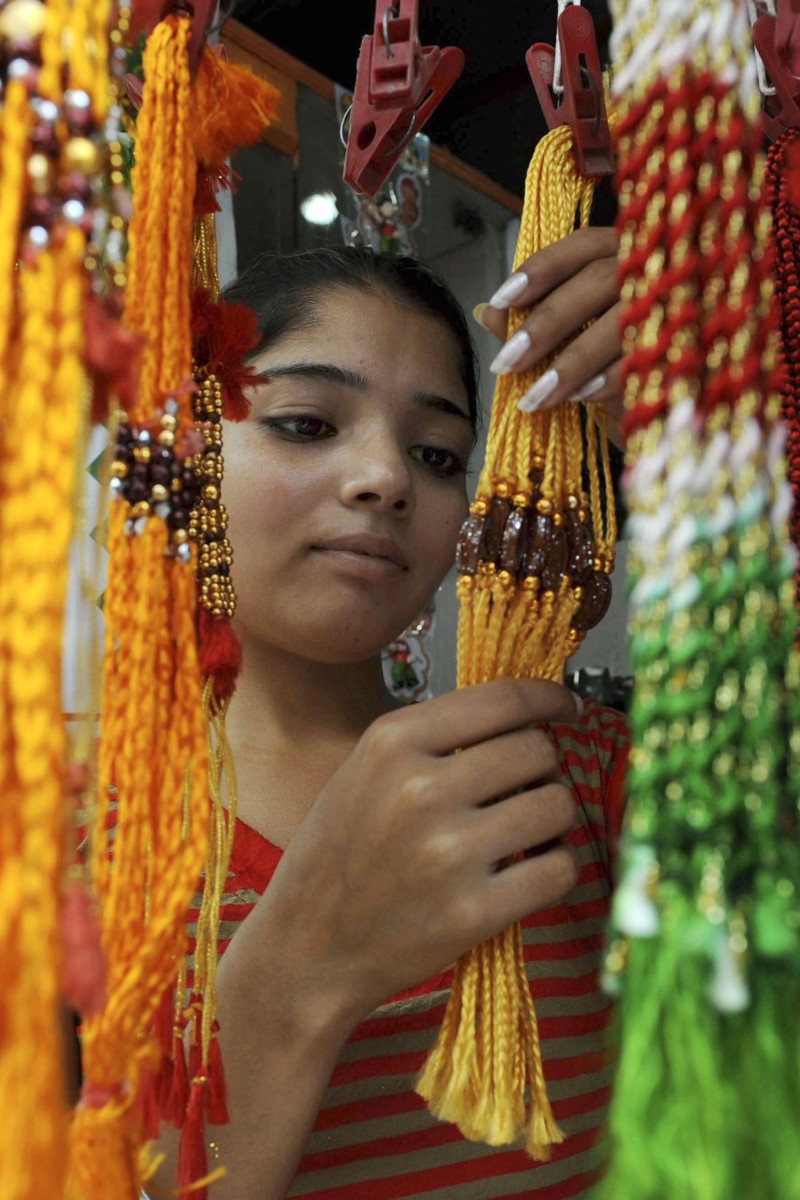
Raksha Bandhan 2019: Everything you need to know about the Hindu festival dedicated to the brother-sister bond
Published:
Joy Pamnani (JR)
Listen to this article
Read about the history and rituals behind this day of sibling celebration
Joy Pamnani (JR) |
Published:
Sign up for the YP Teachers Newsletter
Get updates for teachers sent directly to your inbox
By registering, you agree to our T&C and Privacy Policy
Sign up for YP Weekly
Get updates sent directly to your inbox
By registering, you agree to our T&C and Privacy Policy